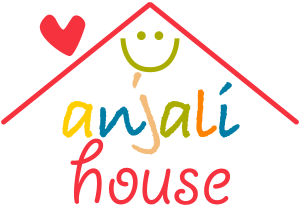<
The students at Anjali House, like so many other children, have vast experiences with many forms of domestic violence and they are at risk of reproducing these structures if they cannot break the cycle. This is why Anjali House puts a special focus on educating its students on such social issues present in their community.
Our teenagers talked about their personal experiences.
We took the 25th of November as an occasion to organize a workshop for our young adults in association with “Women’s Resource Center” (WRC), a Siem Reap based NGO. This organization aims to help Cambodian women with personal consultations and workshops covering health issues, parenting strategies, positive discipline, finance managing, gender roles and of course, domestic violence. An educator from the WRC came over on the 24th of November to conduct this workshop, discussing with our young adults’ students what domestic violence is, how it can be caused and helped. Most importantly, the teenagers got to talk about their personal experiences and they were so surprisingly ready. We asked them why learning about domestic violence is important and how they will use the information they received in their everyday life:
“I learned about how to reduce and prevent domestic violence. I think this workshop was important because now I know how to speak to offenders when violence happens.”
“Now, I feel I am prepared to talk with someone who is a victim of domestic violence and help. I also feel more comfortable to share my problems with friends for example (…)”
“It was important because when violence happens on me or on one of my family member, I know how to react.”
Note: All young adults wanted to remain anonymous.]]>
